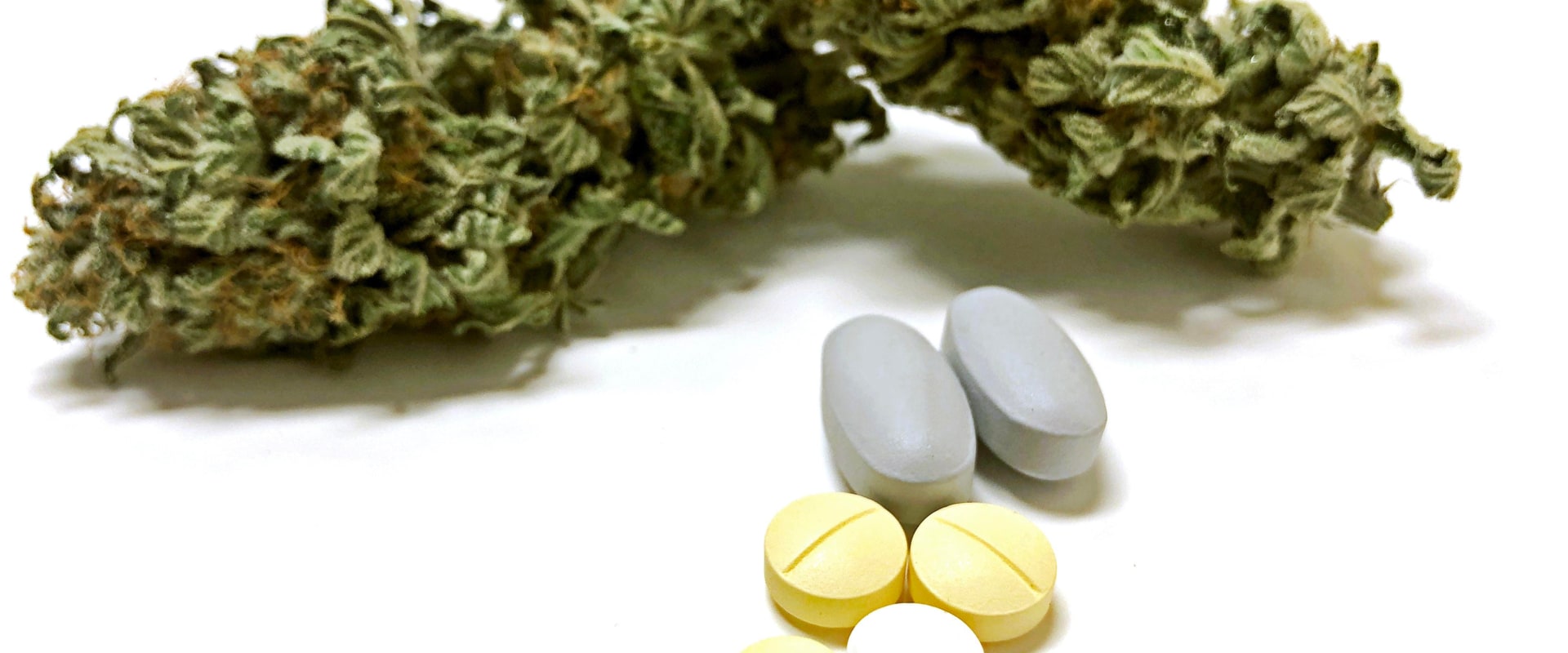Cannabidiol (CBD) is a non-psychotomimetic component of Cannabis sativa with great psychiatric potential, including uses as a compound similar to antidepressants and anxiolytics. Studies have shown that CBD has a rapid and sustained antidepressant effect, which is faster than the effects of traditional antidepressant medications. Research suggests that CBD has antidepressant effects, although many of these are animal studies. CBD interacts with the endocannabinoid system (ECS) to reduce heart rate and promote feelings of relaxation, which can help to reduce anxiety.
CBD products are not subject to regulation, so it is important to be aware of the potential risks associated with taking them. To minimize the risk of side effects, it is best to slowly incorporate CBD oil into your daily routine and talk to your healthcare provider before trying it. CBD cannot prevent many of the risk factors for depression, including individual biochemistry and genetics. However, it may hold promise for relieving symptoms of depression by acting directly on serotonin receptors.
Additionally, reducing stress levels may help to reduce depression symptoms. It is important to note that while CBD may have potential benefits for treating depression, more research is needed to understand its full effects. The World Health Organization has stated that available evidence suggests that CBD is relatively safe. However, combining CBD with other sedative medications or alcohol can cause excessive sedation.




